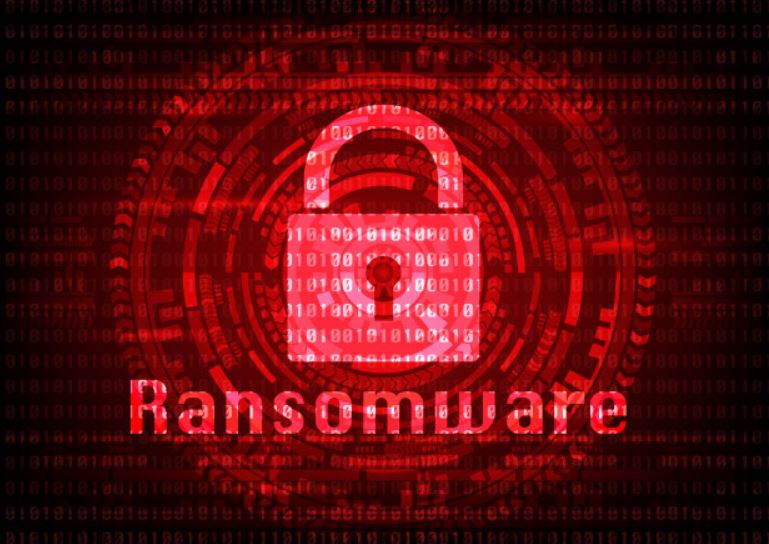
Ransomware is a serious threat to your organization. In 2022, businesses across the world reported more than 493 million ransomware attacks, which hit the public health sector the hardest. However, small businesses have always been the main target for hackers because they know security is usually weak.
The biggest problem with ransomware is that it encrypts the data on your hard drive, making it unreadable. If you lose access to your data, your business can’t function. No matter what size business you run, here’s why it’s critical to secure your business against ransomware.
Ransomware insurance isn’t enough
Insurance policies can be helpful, but they also provide a false sense of security. If you think ransomware won’t hurt you because you’re covered by insurance, think again. Since ransomware attacks are the most common reason people file insurance claims, they’re getting harder to insure against. Blanket coverage is no longer easy to get.
Insurance companies understandably don’t want to pay on claims for incidents that could have been prevented. For example, misconfigurations cause most ransomware attacks, so insurers have started rolling out scanning software designed to detect security vulnerabilities. The more vulnerabilities you have, the higher premiums you’ll pay, and too many vulnerabilities will make you entirely uninsurable.
The other problem with relying on insurance is that you still have to deal with downtime, lost revenue, upset customers, and in some cases, you’ll have to replace devices and upgrade your software systems. Even if you get a payout, you’ll still lose revenue. With a strong ransomware protection plan, your business will continue running and you won’t lose that revenue.
Ransomware can infect your backups
A good cybersecurity plan includes extra care where backups are concerned because any storage device connected to the internet can become infected with ransomware. If you back up infected files, your backups will be compromised. If you have a clean backup and connect it to the internet, it’s at risk. In fact, hacker groups actively target backups just to make sure businesses can’t recover.
You can’t rely on simple backups to protect against ransomware. You need a comprehensive plan that accounts for this possibility and keeps both redundant and offline backups available at all times. Having a reliable, secure backup is your best defense against ransomware. If you get attacked, it’s possible that you might have to reformat your hard drives or get new computers before restoring your data, but that will cost considerably less than trying to recreate important company files, some of which can’t be recreated.
Paying a ransom can trick you out of your money
All cybercrime can have devastating consequences, but ransomware is worse because it prevents access to important files and companies often feel compelled to pay the ransom to get their data back.
Sadly, many who submit to these financial demands never recover their data. Cybercriminals sometimes don’t hold up their end of the bargain, which makes paying any kind of ransom a huge financial risk.
Paying a ransom works against everyone because it gives threat actors incentive to continue launching attacks to stay profitable. Unfortunately, some business owners feel like they don’t have a choice and must pay the ransom to get their data back. However, prioritizing cybersecurity with a focus on ransomware eliminates the need to even consider paying a ransom.
How to protect your business from ransomware
The first thing you need to defend your business is a consultation with an IT security professional. Cybersecurity isn’t something you can learn on your own. Security pros have extensive knowledge, expertise, and experience to offer that you can’t get by watching some YouTube videos. Your best bet is to work with a managed services provider who will handle everything for you remotely.
When you consult with IT security experts, you’ll get a list of your current vulnerabilities, along with suggested solutions. You’ll also get access to services like automated threat detection, 24/7 network monitoring, and a custom business continuity plan that includes data backup and restoration.
In addition to hiring a professional, you’ll need to educate your staff about cybersecurity. Since most incidents are caused by human error, regular cybersecurity training is highly recommended. Employees need to know how to spot phishing schemes and understand company policies for using a VPN, avoiding public Wi-Fi, and not sharing login credentials with anyone.
The impact of ransomware is avoidable
While ransomware attacks aren’t always preventable, you can avoid a costly, negative impact by prioritizing cybersecurity in your business. Hire a professional to assess your situation and move forward with their recommendations. You can’t afford to ignore the threat of ransomware.
Interesting Related Article: “Ransomware Evolution“
from Latest Technology News https://ift.tt/mR6Ue0p
via IFTTT



0 Comments